SUMMARY
This is AI generated summarization, which may have errors. For context, always refer to the full article.
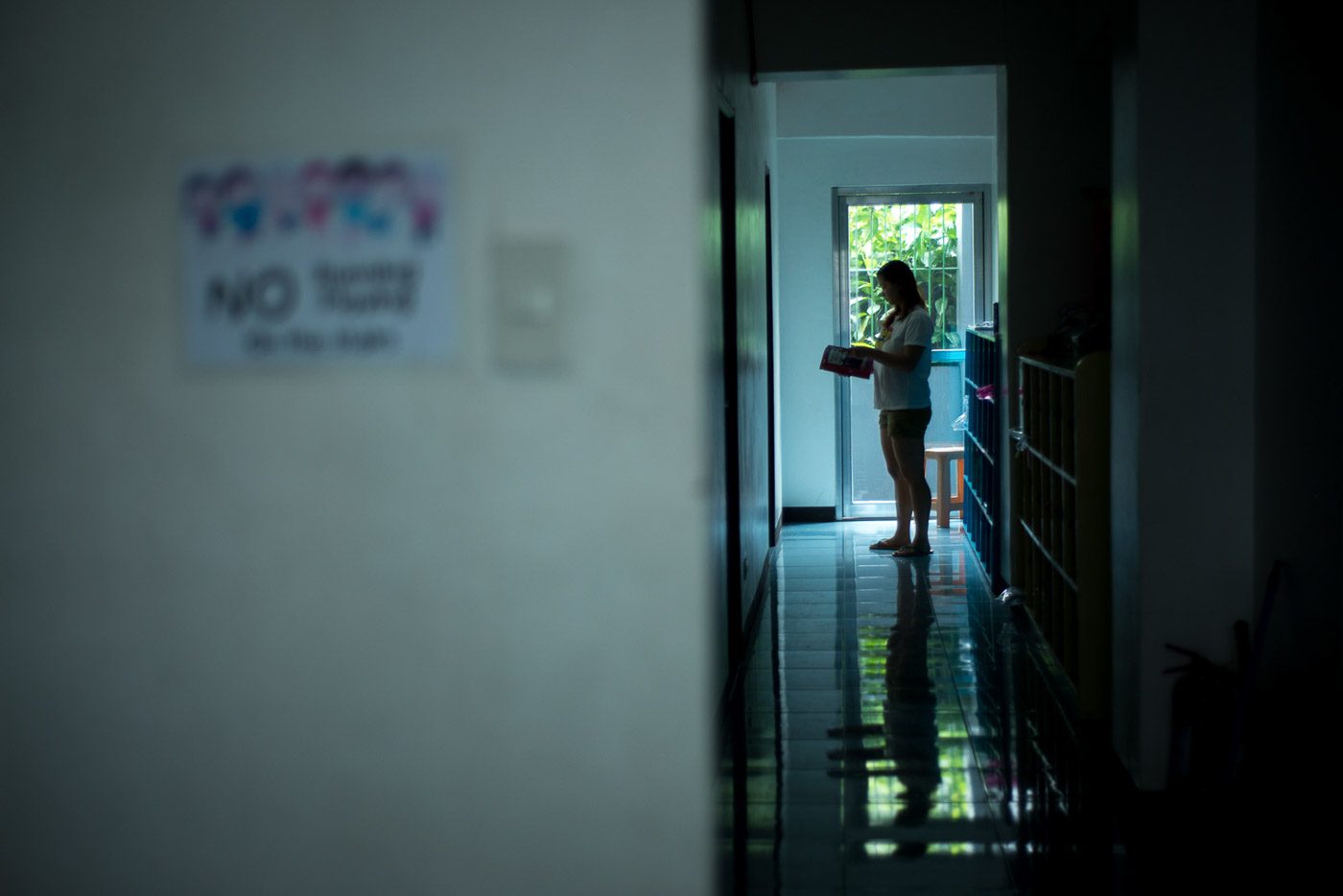
MANILA, Philippines—Depression is not something you choose. It’s not something you would want to have. It’s something that slowly creeps in — from your toes to your torso. It strikes at its own understanding of time — prolonged and tiring, to your extremities, to the strands of your being until its heaviness is too much, then it tells you to cut the yarn that binds you.
It is cultural for Filipinos to assure one another of their well-being whether it may be physical, emotional, mental, or even financial. We often say optimistic expressions like “okay pa” and “kaya pa” — phrases that resonate inner strength and resilience, but sometimes are clear-cut understatements.
Depression is a health condition, not a mood
Sunlight was slipping through the intertwined branches as the canopy of leaves rustles in the afternoon breeze. It was one of Mela’s better days free from the shackles of the dark corners of their house. A full-time mother, wife, daughter, and advocate, 28-year-old Mela Cervantes-Abrera shares her enduring fight with depression and bipolar disorder.
Whenever Mela has one of her episodes, she has a tendency to inflict self-harm. That’s when she locks herself in a room, stays in her dark corner, and stays away from anyone, especially from her 4-year-old son Thor.
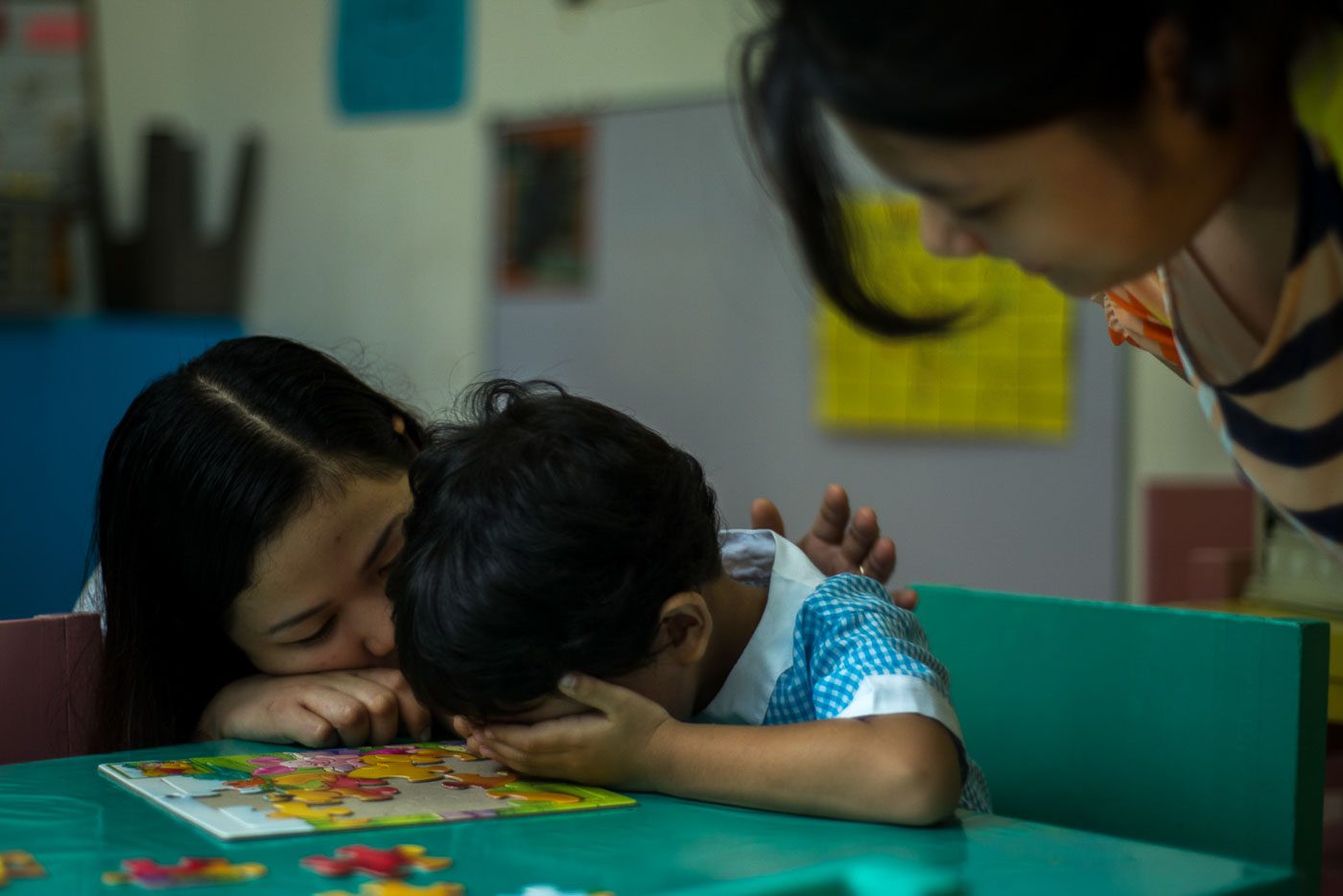
Depression, she says, is like a flu that won’t go away. Getting up from bed is a chore, having nothing to look forward to towards the day, daily tasks become difficult puzzles to solve, focus and understanding fall behind, and having no will to do anything. Like anyone diagnosed with depression, Mela found it hard to accept her condition.
She recalled how heavy-hearted she was the first time she came to see a psychiatrist as judging eyes followed her to the psychiatric ward. Through the hallways, a sense of betrayal trailed behind her, like finally acknowledging her sanity has taken a bewildering toll on her.
Breaking the stigma
It is the social stigma on depression that Mela aims to break: overreaction, mood swings, overly being dramatic, just being too emotional and the like. Quite a few people with depression are discriminated against. Others are laid off from their work, deemed as unfit for the position. Some are labelled “mad”, while others are not taken seriously, not due to lack of empathy but unfamiliarity with the condition. Because of this, many keep their depression in their closets, others remain undiagnosed and uncured, which may unfortunately lead to a tragic end.
Talking openly about mental health is a taboo in our culture but a condition like depression is not something we can turn a blind eye on.
“I think the reason why only a few are diagnosed with depression (in the Philippines), aside from the issue on money, is it is also difficult for them to accept their condition,” Mela laments.
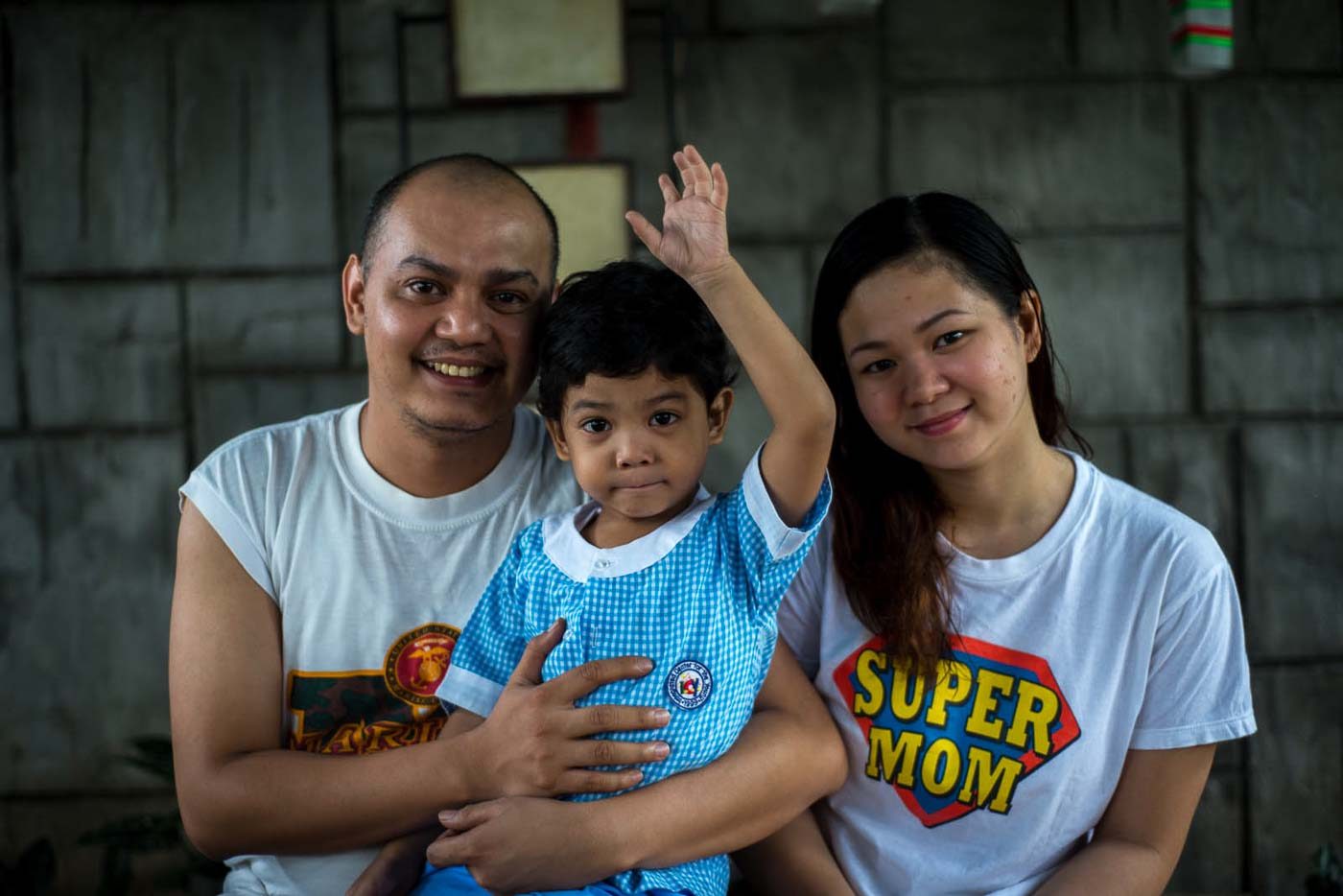
Depression has many factors and in some cases, if chemical imbalance is involved, medicine is prescribed by the doctor. In other cases, talk therapy is done to help the patient cope and understand his or her situation.
Depression then is not like a cough or a cold that would go away by drinking lots of water and taking plenty of rest. It needs professional help as well as a lot of understanding from families and friends.
Because of this social stigma, Mela created a space, a cyber-sanctuary for individuals battling with depression, social anxiety, and other mental health issues. Through the online support group Anxiety and Depression Support Philippines (ADSP), those who struggles with one of their episodes has someone, to emphatize with them, even virtually.
“I felt there are more people who are like me, people who look for refuge that even just in the online world, there’s someone who can relate with your struggles,”says Mela.
Mela says depression is a condition that can only be fully understood by people who also struggle with the same daily toil.
The black dog
In a lack of words to describe the feeling, Winston Churchill called his depression—a frequent melancholia or the lack of will and idea to do anything—as the black dog. For ADSP member Margaux (not her real name), depression is like a shadow that constantly lurks.
“It’s just there,” says Margaux.“You wake up with a heavy feeling. Going to work is a struggle but you just have to battle against it.”
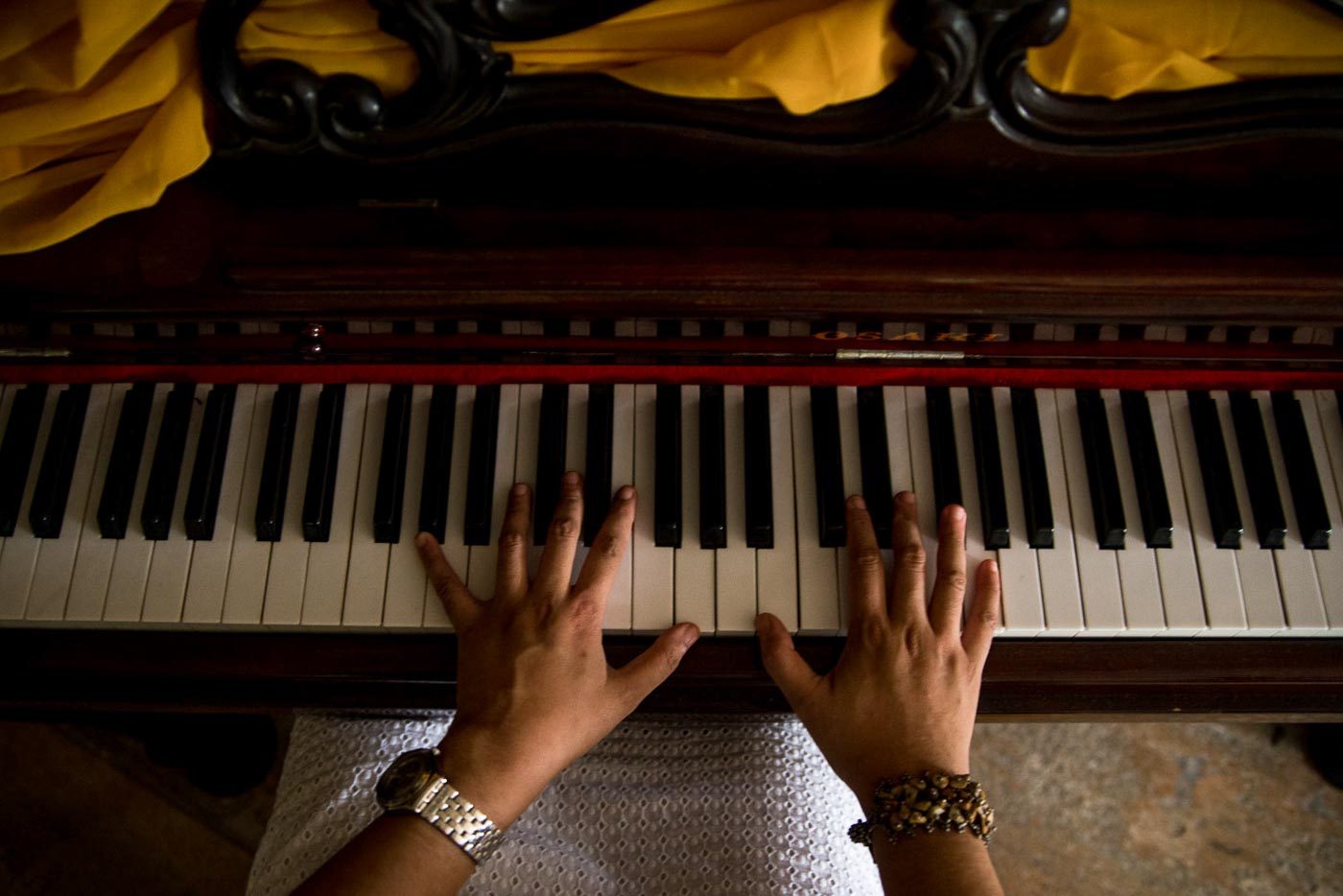
Margaux was diagnosed with a major depressive disorder in 2008. At that time, she was studying in medicine school but eventually quit, run off from her known life altogether, and moved to somewhere no one will recognize her or know her for her condition.
“Focusing was difficult. It takes me 1 to 3 hours to digest a sentence,” Margaux recalls.
Her closest encounter with fate was last year. She remembered how tight she held on to their dog’s chain as she laid in her bed in the darkness, tussling with the thought of hanging herself in her bathroom. But her will emerged stronger.
“I was thinking, ‘It shall pass,’ she shares.
Importance of support
For Mela and Margaux, support, from the family most especially, is important in battling with depression.
Margaux responds better when her family treats her like a normal person. Her regular psychiatric check-up and involvement also with the support group alleviate her daily struggle. She also keeps herself driven and motivated in her job as a supply chain manager as it also helps her to pay for the medicine that she admits to be costly.
“I have a small circle in ADSP and they are very supportive—that helps,” she says with a smile.
They share achievements and worst moments, finding a friend in someone whom you share a common struggle with.
Fighting depression in simple ways
Asked how she continues to do her responsibilities as a mother, wife, and facilitator in a 900-plus member support group ADSP, Mela says she’s disciplined in her schedule, taking meds and making sure she gets some sunlight.
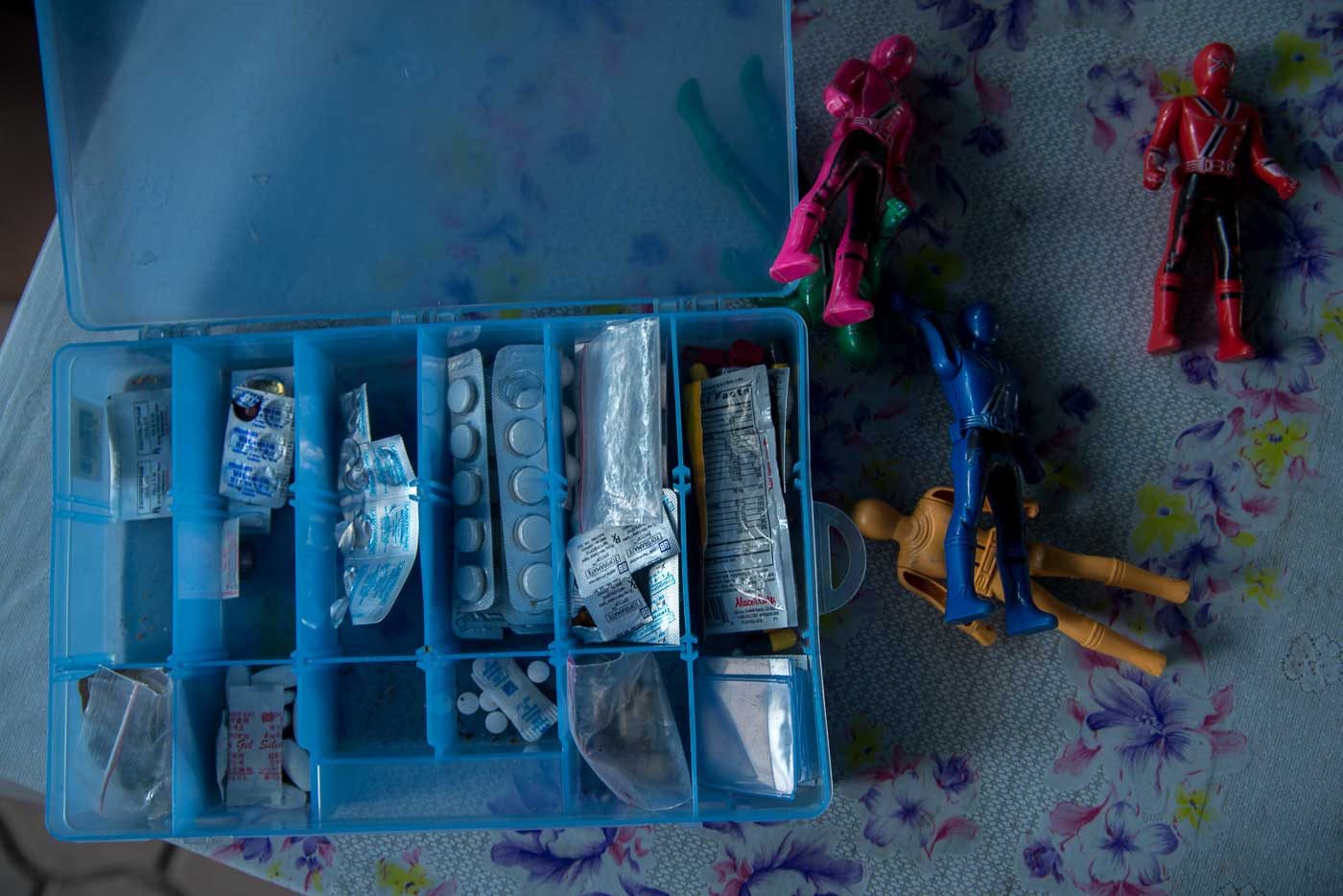
“Even though it’s hard, do everything you can so your episode will be over soon. Eat the right kinds of food. Get some sunlight if you can, it helps. Environment is such a huge factor. Keep it bright and positive if you can,” she says.
For her, one thing that she learned from having depression is to let it run its course while try your best to live a normal life.
“I always tell myself to keep fighting because something good will eventually happen. Depression is a real condition, sometimes it’s hard to fight but that’s part of it. But don’t let it get the better of you. Don’t let it let you hang or cut yourself,” Mela says. – Rappler.com
Add a comment
How does this make you feel?
There are no comments yet. Add your comment to start the conversation.